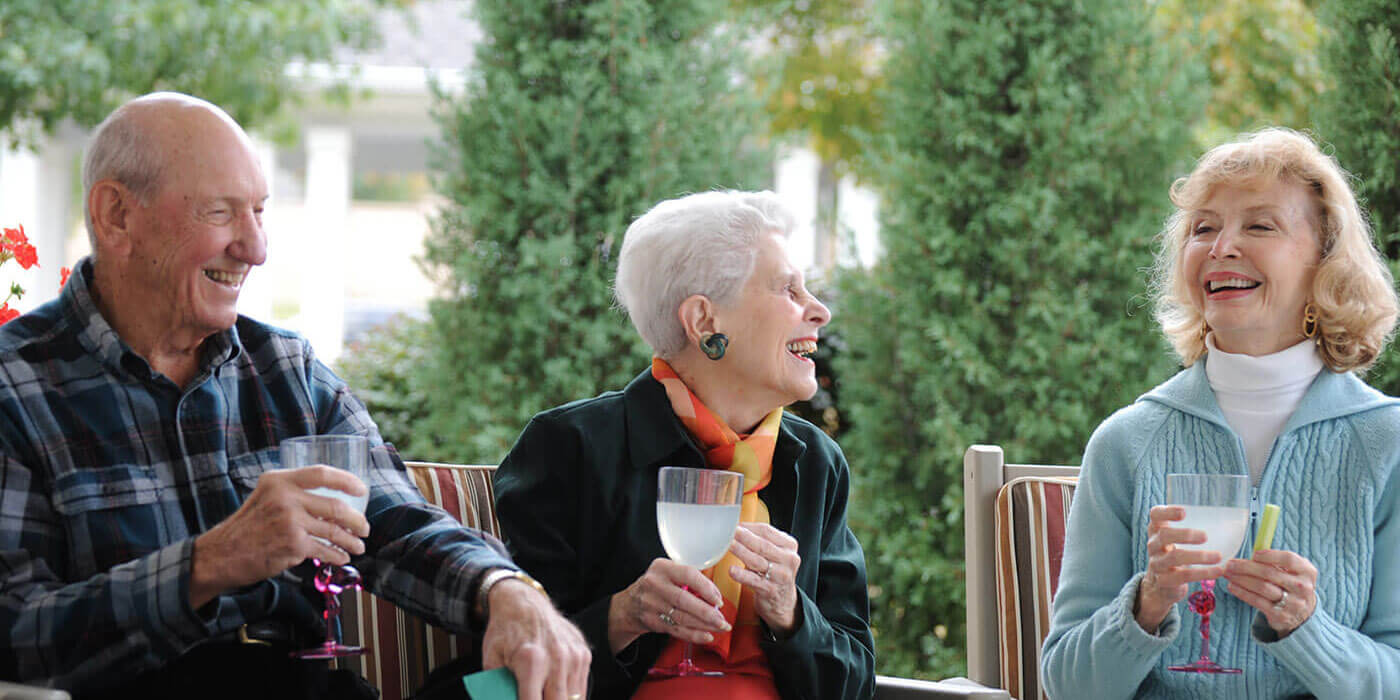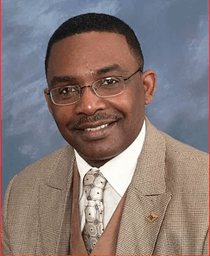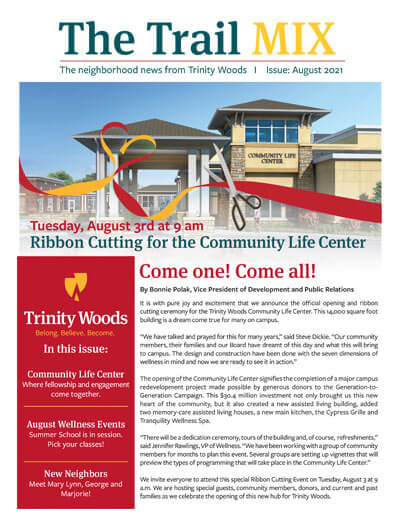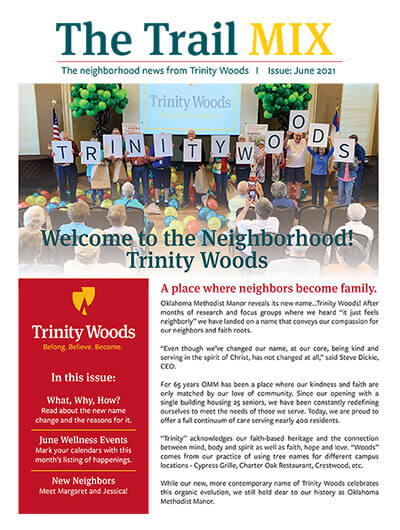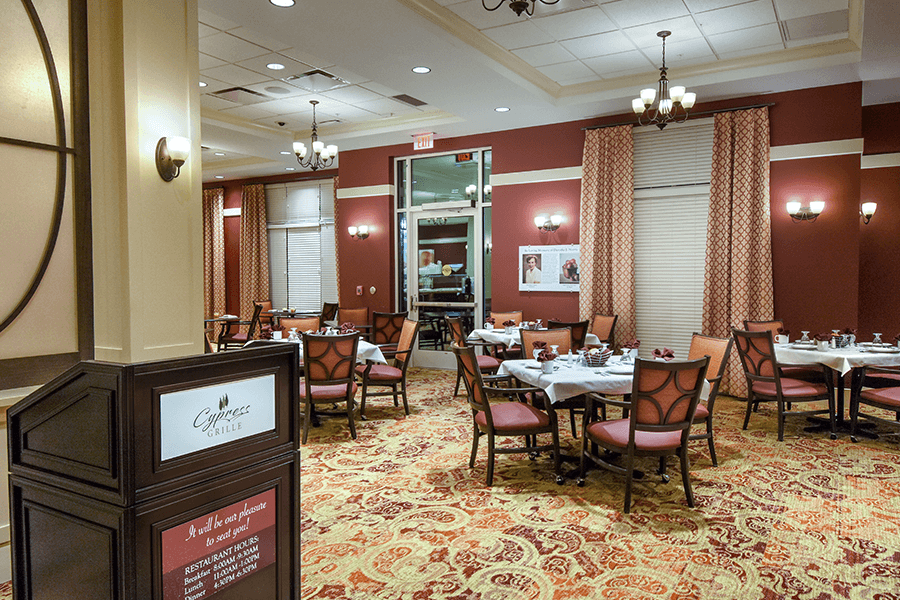By Rev. Weldon Tisdale, Chaplain
” When opportunity comes, it’s too late to prepare.” John Wooden
John Wooden was one of the most successful NCAA Division 1 basketball coaches the sport has ever seen. He worked not just to win games, but to develop young men into personhood. He was
relentless in his practices, emphasizing the basics of basketball, all the while developing the character of his players.
Coach Wooden knew a 60 second time-out was not enough time to teach, practice, and implement a new play or strategy to take advantage of an opportunity in the game. He knew that it was the daily, dedicated practices that honed his players into individuals that could adjust, adapt and take advantage of a game situation and work it for their benefit.
Preparation must be done before the opportunity comes…thorough preparation.
Are you prepared? Your response is probably, “For what?” Good point. If we don’t know for what we are preparing, we will not know how to prepare.
So, for what are we preparing? As Believers, God told us in Ephesians 2:10: “For we are God’s handiwork, created in Christ Jesus to do good works, which God prepared in advance for us to do.” God, by His grace, brought you into His family to do the good works He has prepared in advance for us to do. Do I know what opportunities He’s going to give you and I to do today?
I don’t. But I know He wants us to be prepared for every good work opportunity He puts before us. Will it be a person in distress that needs someone to listen? A child that will challenge me as a parent? A spouse who needs extra love? A job that challenges our patience and/or abilities? Or is it simply being prepared to deal with life’s challenges? So how will we be prepared?
In 2 Timothy 3:16-17 it says, “All Scripture is God-breathed and is useful for teaching, rebuking, correcting and training in righteousness, so that the servant of God may be thoroughly equipped for every good work.”
So how will we be prepared, or should I say, “thoroughly equipped”? By connecting daily with the God-breathed words of Scripture. Through them God will prepare us…for every good work. So, when opportunity comes, we will be prepared!
Adapted from CrossPoint Church
